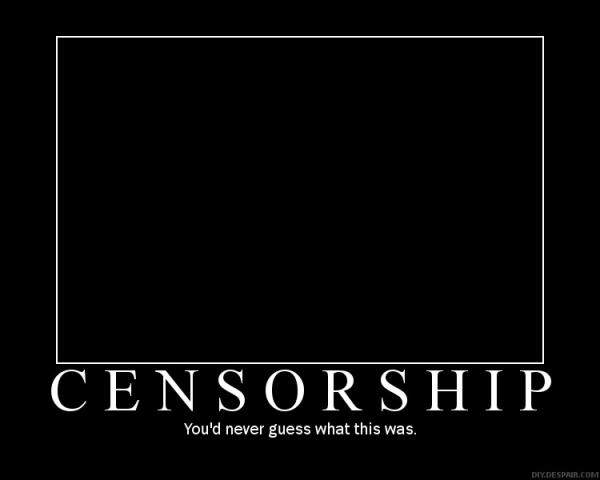Calls to strengthen the ability of the federal government to regulate Internet content has been renewed, with the House Judiciary Committee introducing new legislation aimed at halting online piracy.
According to Reuters, the new set of laws would grant the federal government and copyright holders far-reaching power to snuff out websites that allegedly contain illegal content by pulling ads or disabling credit card processors.
But that’s not all. It would also allow the Attorney General to seek injunctions against foreign based websites that generate traffic because of pirated U.S. movies and television shows.

Predictably, copyright groups and content creators embraced the legislation as it benefits their business model, but consumer advocacy groups are upset as the methods and punishments in the new act are simply too harsh.
“There is no need for a bill this sweeping and this draconian,” Gigi B. Sohn, president and co-founder of the consumer advocacy group Public Knowledge, said in a statement.
“There are simple, easily implemented solutions on which industry and others agree – such as cutting off the ability of credit-card companies to fulfill payments to sites that traffic in copyright infringement.”
The negative opinions of industry experts doesn’t stop there, though.
In a Forbes opinion piece, Consumer Electronics Association President and CEO Gary Shapiro appeared to concur with Sohn, opining that the proposal is far too expansive and could harm legal web retailers.
“… the bill is so broadly written that, in theory, it would allow any copyright owner to shut down a legitimate retail website, such as Amazon or Best Buy, by alleging that one product being sold on the site could ‘enable or facilitate’ an infringement,” Shapiro wrote.
Even though some business and legal experts are against the act, the bill received a joyful response from the big-time players in the entertainment industry.
“Our creative industries provide good jobs for millions of Americans and represent one of the country’s most important exports. However, we face an increasingly difficult battle against entities overseas that shamelessly steal our valuable products and illegally market them online for their own gain,” said
Philippe Dauman, Viacom president and CEO.
“[The bill] provides the Department of Justice and rights holders critical tools to ensure that the creative work of Americans across the country is protected from offshore internet parasites.”

Meanwhile, Thomas J. Donohue, president and CEO of the U.S. Chamber, opined that websites which “blatantly steal” the creativity and innovation of American industries violate a fundamental right to property.
“Operators of rogue sites threaten American jobs, endanger consumer safety, and undermine the vitality of the online marketplace. I commend Representatives Smith, Goodlatte, Conyers, and Berman for standing up to the mass theft of American intellectual property,” he added.
Americans can also thank House Judiciary Chairman Lamar Smith (R-Texas) who introduced the bill along with committee members Rep. John Conyers (D-Mich.), Rep. Bob Goodlatte (R-Va.) and Rep. Howard Berman (D-Calif.).
The bill is similar to the PROTECT IP Act, which made it through the Senate Judiciary Committee last May, but was blocked after Sen. Ron Wyden (D-Oregon) put the bill on hold. Wyden felt that the bill violated the First Amendment and would stall innovation in the technology sector.
Hollywood and its top lobbyist, MPAA chief Chris Dodd (a former senator from Connecticut), have begun a big push on lawmakers to pass piracy laws. Fortunately, skepticism in the technology industry means the bill will inevitably face serious opposition before it becomes law.






